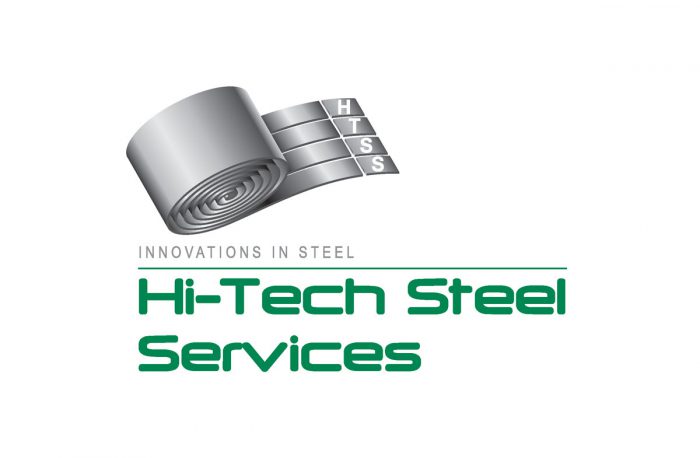Q-Technologies
Q-Technologies develop and supply innovative mass spectrometry systems. The company’s products have applications across a range of existing and emerging areas, using exclusive technology that has enabled them to be recognised by Innovate UK and BEIS initiatives.
Q-Technologies Managing Director and Professor of Electromagnetics and Physical Electronics at the University of Liverpool, Steve Taylor is keen to explore how they can continuously develop their products and technology uses.

Approach
The Q-Technologies teams develop soil sensors for agricultural purposes, offering technical review and analysis. The sensors collect data on differing elements such as nitrogen, potassium and phosphorous, in addition to soil humidity, temperature, conductivity and pH levels. These metrics offer farmers a complete health assessment of the soil and making recommendations on how to improve this where necessary.
To increase efficiency and accuracy, Steve and his team reached out to the VEC to evaluate the quality of their sensors and investigate potential improvements.
Solution
The VEC developed a system for simultaneously testing multiple soil samples within their facilities. Here, the digital engineers could assess the accuracy of data readings, including chemical agent numbers. These results were then compared to tests of the same samples from another external lab, assessing accuracies and identifying where potential flaws in the sensors could lie.
The VEC then redesigned the system reading from the sensor and gave Q Technologies a new prototype so they could further develop their sensors for improving accuracies. Working alongside a University of Liverpool PhD student, Q Technologies are looking to run additional tests and calibrate the algorithms used.
Impact
Working alongside the VEC has enabled Q-Technologies to undergo knowledge transfer sessions, learning more about the quality and effectiveness of their sensors, and exploring how these can be further improved. This method of testing and validating also offers Q-Technologies greater confidence in future testing, knowing their sensors are offering much more accurate readings.
Click here for the downloadable case study.
The collaboration with VEC was quick and efficient and their staff were knowledgeable and co-operative.
The outcome resulted in an improved prototype and better understanding going forward.
Steve Taylor, Q-Technologies



